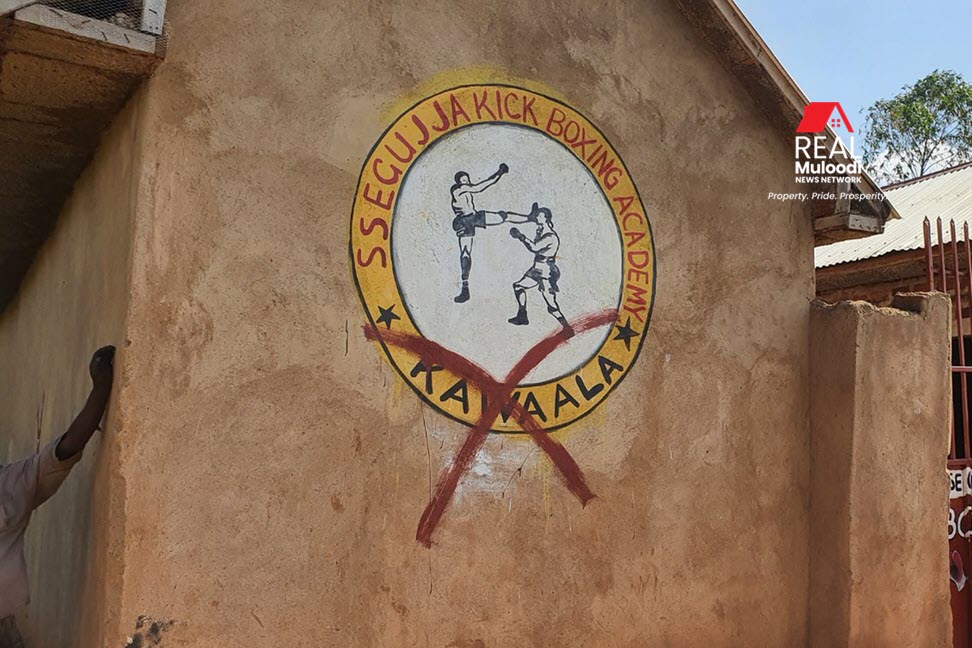UGANDA, Kawaala | Real Muloodi News | Kampala Capital City Authority (KCCA) is undertaking the expansion of the Lubigi drainage channel under the Kampala Institutional and Infrastructure Development Project (KIIP-2). The project is funded by government and the World Bank, and is currently in its second phase.
Between 1995 and 2005, wetlands in Kampala have decreased by 50 percent because of cultivation, infilling, construction and pollution. As a result, when it rains in Kampala, low-lying areas are adversely affected by flooding. Properties are destroyed and lives are lost. It is for this reason that KCCA is widening and constructing drainage channels to manage the huge volumes of water.
The Lubigi drainage channel runs through the Kawaala district in Uganda, where the project has displaced several people and caused them to lose their property.
Patrick Mwenza (name changed to maintain anonymity) is one such person who bought land and built property in 1998. In 2013, the Kampala Capital City Authority advised him he needed to vacate the land, so they could construct the Lubigi drainage channel.
Although he refused their offer, the project went ahead anyway. In 2014, the diversion of the Lubigi drainage channel destroyed Mr Mwenza’s property. He claims he received no compensation for his land. The same was the case for many other area residents. They were cut off from various amenities.
The second phase, which began in 2020, will widen the diversion of the channel and is expected to displace over 100 families.
KCCA representatives handed out eviction notices to residents in December and marked properties scheduled for demolition with an X.
While Patrick’s land did not get marked with an X, a pole that was marked on his property showed where the construction would start.
According to World Bank policies, before serving an eviction notice to residents, government authorities should investigate and provide sufficient compensation to those residents affected by forced evictions. Based on the Accountability Counsel, a civil society organisation dedicated to advocating for human rights and protecting the environment in communities harmed by development projects, neither KCCA nor World Bank provided any of these.
The Accountability Counsel further claims that KCCA has been using the lack of information to rush the resettlement process, and now the community is disadvantaged.
Robi Mosenda – a communities associate at Accountability Counsel in Kenya, stated, “There have been allegations of extortion and people asking for bribes to get higher values or figures for compensation.”
He alleged KCCA was getting residents to sign documents through threats and other illegal tactics.
As a result, with the Accountability Counsel’s help, local NGOs, Witness Radio, and residents of Kawaala have filed a complaint to the World Bank’s Inspection Panel. The community believes that if the World Bank adequately monitored KCCA, community members would not be disadvantaged. The lack of personnel on the ground because of COVID has allowed KCCA to take charge of the situation.
KCCA, however, denies the allegations against them. They claim that they have “engaged and reengaged with the community,” as well as providing reasonable compensations. They also believe that those who have not been compensated or are unhappy with the situation have no legal basis for their complaints, and are trying to receive money through tricks and selfishness.
The inspection panel at the World Bank has started an investigation and cannot comment until the body completes the investigation.
READ MORE LIKE THAT:
KCCA Infrastructure Development to Improve the Face of the City



